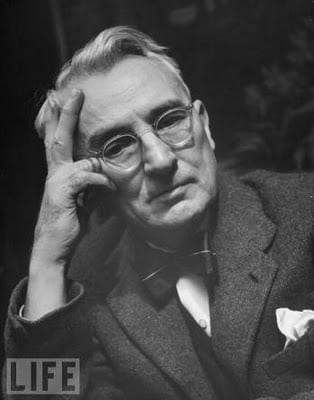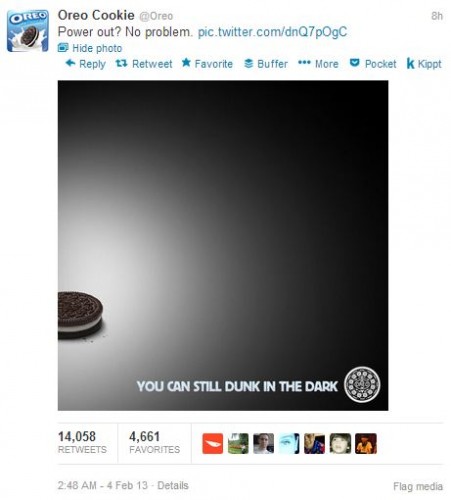In 1912 Dale Carnegie opened up shop at a local YMCA at 125th street in New York City for business professionals to learn the art of public speaking. Shortly thereafter, word of Carnegie’s unique school quickly spread, making it an instant success. Prominent business professionals from all over the world attended Carnegie’s courses, as did Governors of state, various college presidents, and celebrities, including household names B.F. Goodrich, D.W. Ghent, Tom Wrigley, among many others. Esteemed billionaire Warren Buffet is quoted as saying, “I don’t have my college diploma or my graduate diploma, but I still have my Carnegie diploma. It changed my life.”

So what does this have to do with your company’s upcoming big anniversary? The founding of Carnegie’s school represents the advent of a form of storytelling that helps companies share their message in a more impactful way with their audience. With the invention of social media, the history and lore about a company can spread more quickly amongst the public, shaping their perception of a brand more completely and allowing them to have more appreciation of it.
In Carnegie’s book The Quick and Easy Way to Effective Speaking, Carnegie is quoted as saying “Topics that are most approved by audiences, are the speaker’s background.” He would go on to explain in the book that the speaker’s background dealt with their early years and upbringing, early struggles to succeed, their hobbies and recreation, unusual experiences, beliefs and convictions. In short, the company’s history, told as an entertaining narrative. So as an operating company that is trying to decide what to promote and what to share on their next big anniversary, there is no better way to connect with their audience—be it their employees, their customers or the general public—than through storytelling. As Carnegie advises, “Dig deep into your heart and soul. The content there is rich and plentiful. I have heard more talks than any man west of the Iron Curtain and never have I heard a boring talk when the speaker related what life had taught him.”
For example, charitable brands like charity: water, which has the most successful online presence of any charity in the history of non-profits, has raised more than $33 million to help more than four million people receive access to clean drinking water. You can view how charity: water leveraged video and storytelling to have their message spread here.
Other brands like Apple and various car companies have announced their anniversaries through expensive advertising campaigns during major television events like the Super Bowl or the Academy Awards. While that is very effective, it’s not as necessary these days. Apple paid big dollars to have a commercial produced for the Super Bowl, but withdrew their ad spend at the last moment knowing video and social storytelling would produce a high return. See their video here.
With social media like Facebook, Twitter and YouTube, millions of people can be reached for free. Facebook leveraged video and storytelling in an extraordinary way. Each Facebook user, currently more than a billion users, has on average 138 friends. Facebook produced a personalized video for every user on Facebook.com. The video is a look back on each user’s life with Facebook, users could easily share with their friends to see. What an amazing way to have an “entertaining narrative” of other people’s lives.
Even president Barack Obama took advantage of social media to sway millions of voters away from rival John McCain, who decided to focus heavily on traditional advertising in the presidential election. Barack Obama produced a YouTube video that has now reached more than 25 million viewers. When you watch the video, right from the beginning he is telling America’s background, upbringing, and challenges. The example of Barack Obama is the combination of Dale Carnegie’s theory of the profound effect of human-interest stories and social media at its best.
If you have thrived in the market place for a substantial period of time it makes sense to market your anniversary by telling your story. You should market your anniversary by showing how far you have come. Start by telling everyone where you started. Talk about the challenges that the company went through. How you almost failed, how you almost had to give up, but managed to survive. People love human-interest stories. Dale Carnegie talked about how people are totally engaged in the story of the underdog rising to the top and making it big, it is what people like to hear. Afterall, that is the American dream, isn’t it?




